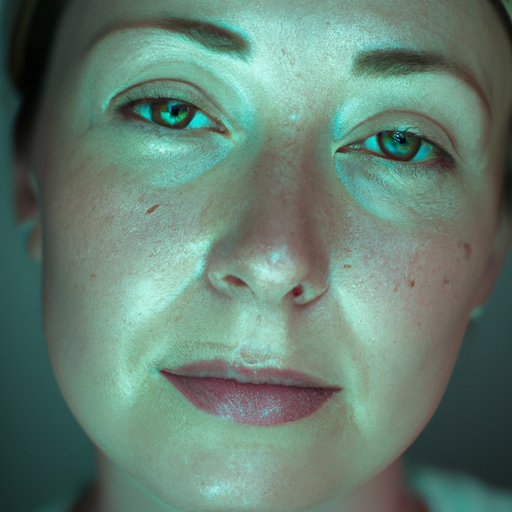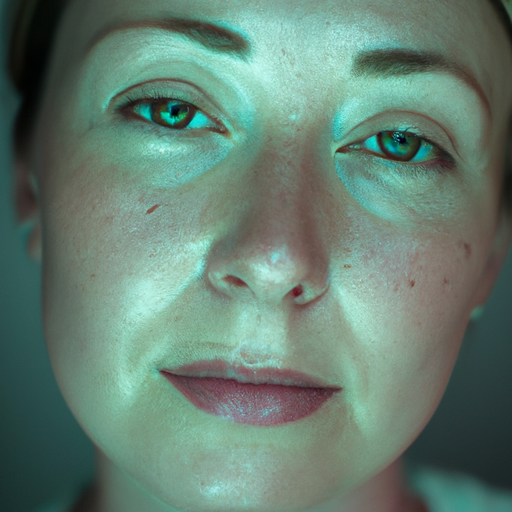As a dermatologist, I often encounter patients who are eager to achieve a radiant, youthful complexion. One of the most effective ways to achieve this is through face exfoliation. This process involves the removal of dead skin cells from the surface of the skin, revealing the fresh, healthy skin underneath. In this article, I will provide an essential guide to face exfoliation, unmasking the radiance that lies beneath the surface.
Firstly, it is important to understand why exfoliation is necessary. Every day, our skin cells go through a natural process of regeneration. Old, dead skin cells are replaced by new ones. However, these dead skin cells can accumulate on the surface of our skin, leading to a dull complexion, clogged pores and potential breakouts. Regular exfoliation helps to remove these dead skin cells, promoting a healthier, more radiant complexion.
There are two main types of exfoliation: physical and chemical. Physical exfoliation involves using a scrub, brush or other tool to manually remove dead skin cells. This can be effective, but it’s important to be gentle to avoid damaging the skin. Over-exfoliation can lead to redness, irritation and even breakouts.
Chemical exfoliation uses acids or enzymes to dissolve dead skin cells. Alpha hydroxy acids (AHAs) such as glycolic acid and lactic acid are commonly used for this purpose. Beta hydroxy acids (BHAs) like salicylic acid are also popular, particularly for those with oily or acne-prone skin as they can penetrate deeper into the pores.
Regardless of the type of exfoliation you choose, it’s crucial to follow up with a good moisturizer and sunscreen. Exfoliation can make your skin more susceptible to sun damage, so protecting it is key.
How often should you exfoliate? It depends on your skin type and the type of exfoliant you’re using. Generally, it’s safe to exfoliate 1-3 times per week. However, those with sensitive skin may need to exfoliate less frequently, while those with oily skin may benefit from more frequent exfoliation.
It’s also important to note that not all skin types react the same way to exfoliation. If you have a skin condition like rosacea or eczema, or if your skin is very sensitive, you should consult with a dermatologist before starting an exfoliation regimen.
In conclusion, face exfoliation is a vital part of any skincare routine. It helps to remove dead skin cells, unclog pores and reveal a more radiant complexion. However, it’s important to exfoliate gently and protect your skin afterwards. With the right approach, you can unmask your natural radiance and enjoy a healthier, more youthful complexion.
Remember, everyone’s skin is unique and what works for one person may not work for another. Always listen to your skin and adjust your skincare routine accordingly. If you’re unsure about how to incorporate exfoliation into your routine, don’t hesitate to seek advice from a dermatologist. We’re here to help you achieve the healthiest, most radiant skin possible.




